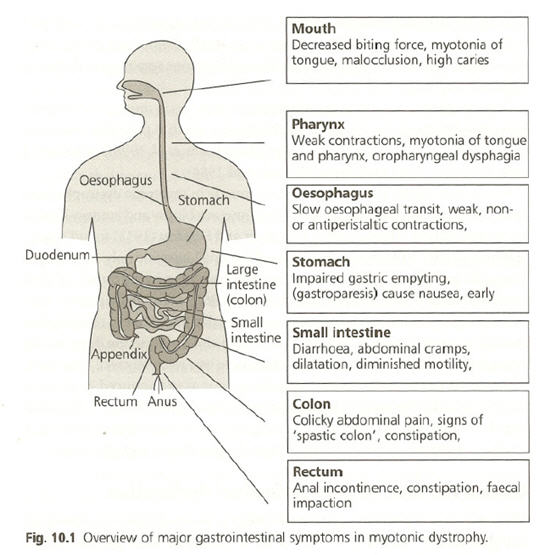 Thursday February 10, 2011
Thursday February 10, 2011
BENNINGTON — Paul Solomon, clinical director of the Memory Clinic in Bennington, to a packed audience at Southern Vermont College Thursday about recent medical advances around Alzheimer’s disease.
Solomon has been the principal investigator for more than 75 clinical research trials to evaluate new drugs to treat Alzheimer’s disease, although there is no way to prevent nor stop the loss of brain cells Alzheimer’s causes.
Solomon told students and community members who gathered at the Everett Mansion Theatre the importance of finding a cure is constantly increasing as more and more people become diagnosed with Alzheimer’s. the disease is already the fourth leading cause of death in the United States, taking at least 100,000 lives annually, and Solomon said those numbers are going to increase dramatically in the near future if major progress is not made.
Presently, Solomon said, there are about 5.5 million people afflicted with Alzheimer’s disease.
If a cure is not found, Solomon said, by 2050 there will be 16 million people in the U.S. with Alzheimer’s. That projected increase is largely due to longer life expectancies, and therefore the risk of Alzheimer’s growing along with it since the most significant risk factor is age.
“This will become the number one killer. It will become the most expensive disease,” Solomon said. “The direct and indirect costs of this disease are well more than $100 billion a year. this disease, in and of itself, is sufficient to bankrupt the U.S.”
Solomon said technology is advancingindetecting Alzheimer’s prior to displayed symptoms of the disease, which causes brain cell loss due to an amyloid plaque forming outside the brain’s neurons, although these plaques cannot be detected yet.
But, a new injectable liquid drug that runs off an unaffected brain but sticks to the plaques on a brain with Alzheimer’s during an amyloid scan, has raised hope Alzheimer’s will soon be identifiable long before symptoms are prevalent, Solomon said. the drug was provisionally approved by the Food and Drug Administration recently and will likely become available next year, Solomon said.
“I think this is very exciting for all of us. we may be able to tell that someone has Alzheimer’s disease 20 years before their symptoms, and that’s when you want to treat people,” Solomon said.
There currently are symptomatic medications available to help temporarily boost memory brain cells to help cognitive functions,but Solomon said he’s hopeful in the next five years drugs that are now being tested will be proven to cure or prevent Alzheimer’s.
One vaccine used in a preliminary trial of 180 people at the Memory Clinic showed a decline in the rate of brain cell reduction in some Alzheimer’s patients. A larger scale trial is expected to be done over the next year.
Solomon also spoke about his support for Alzheimer’s screenings as part of a routine physical exam.
Screenings are available with about a 90 percent accuracy rate to determine Alzheimer’s through tests of short-term memory.
In addition to his work at the Memory Clinic, Solomon teaches psychology and is the founding chair of the Neuroscience program at Williams College.
Solomon’s lecture was part of SVC’s “Citizenship through Empowerment” series, which concludes March 22 with a visit from Alexandria Peary, associate professor of writing and rhetoric at Wentworth Institute of Technology, in an address entitled “Peter Elbow, Walter Ong and Dorothy Sarnoff: A Discussion of inner and Outer Rhetoric.”
Contact Dawson Raspuzzi at